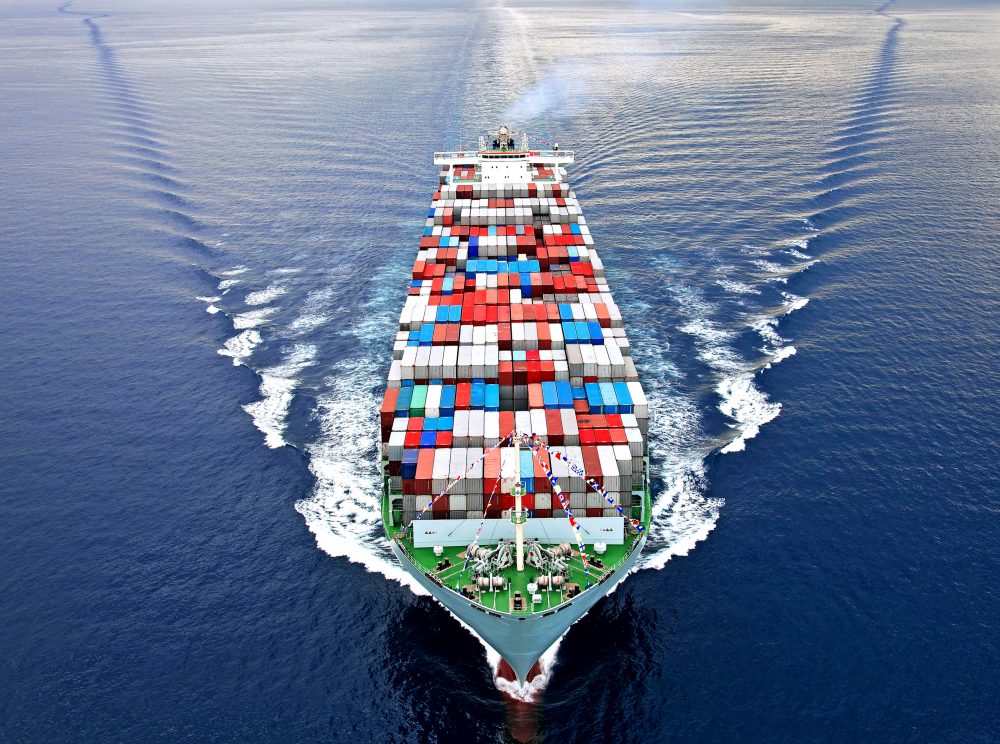The European Sea Ports Organisation (ESPO) stresses the importance of restoring the stability in the market, increasing the schedule reliability, as well as guaranteeing the continuity and fluidity of supply chains.
[s2If is_user_logged_in()]The efforts of all stakeholders in the supply chain are needed to support the recovery of trade, according to ESPO after the current disruptions in the international container trade, caused mainly by the coronavirus crisis.
The Covid-19 pandemic outbreak at the beginning of last year provoked a decline in trade of consumer goods and as a result the container shipping lines decided to take vessels out of the market in order to reduce their capacity.
However, ESPO notes that over summer, container traffic volumes have been returning to normal levels and even exceeding the levels of previous years.
The container imbalance and the reduction of capacity in liner shipping have seriously impacted the shippers and freight forwarders, according to ESPO, with schedule reliability having further declined. “Delays and refused bookings are causing a lot of dissatisfaction with cargo owners, end-users and businesses affected, who also knock at the ports’ door to complain and are looking to hold someone accountable,” explains the European organisation.
ESPO calls on all maritime stakeholders to keep the strategic role of maritime trade and ports in mind and do everything possible to increase predictable and stable operations, to restore schedule reliability and fluidity of trade.
In addition, ESPO stresses the overall importance of reliability in the supply chain. Europe’s ports are making major efforts to improve their port planning but any planning stands or falls with the predictability of ship and cargo arrivals and departures in ports, according to ESPO.[/s2If]
[s2If !is_user_logged_in()]Please login or register to read the rest of the story[/s2If]







